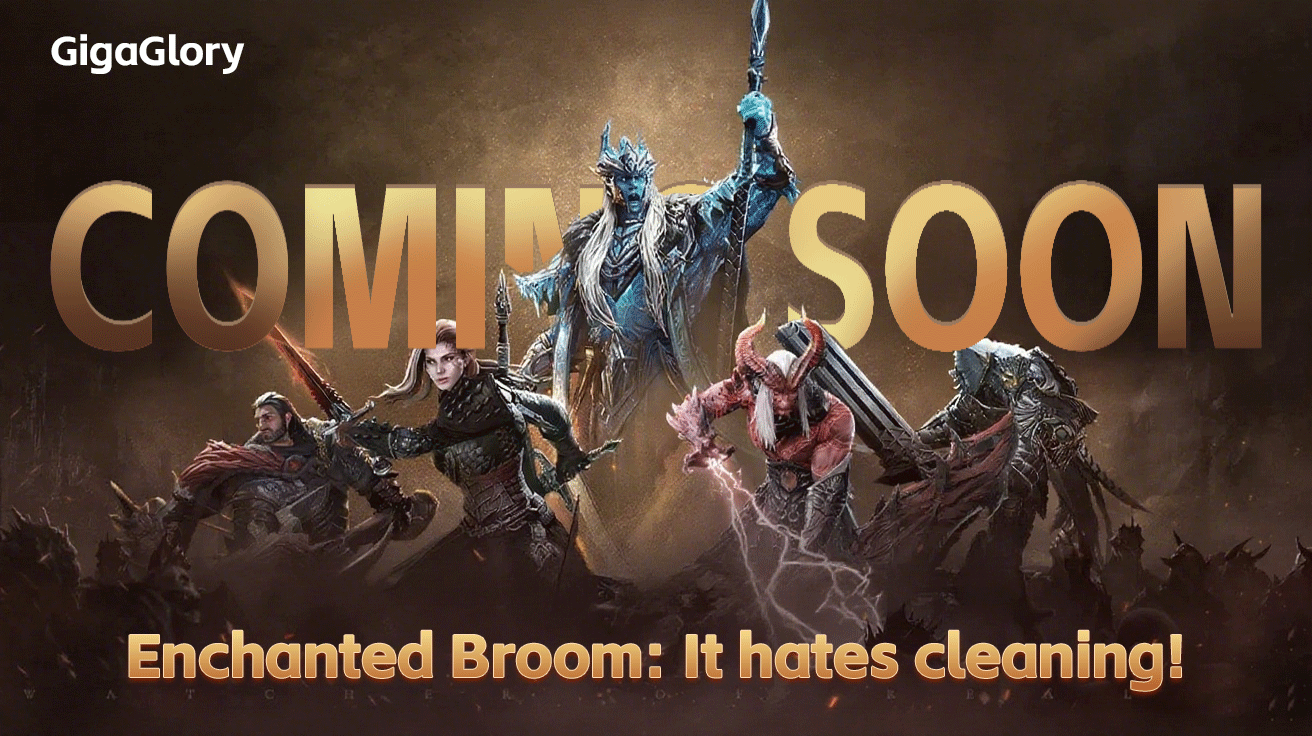Why MMORPGs are Revolutionizing Real-Time Strategy Games: A Deep Dive into Gaming Evolution
The gaming world has seen a dynamic shift over the past decade, particularly with the rise of MMORPGs (Massively Multiplayer Online Role-Playing Games) and their impact on Real-Time Strategy (RTS) games. Once seen as separate entities, these genres are now blending to create innovative gameplay experiences that captivate players. This article explores this evolution and the implications it has on both genres.
The Convergence of MMORPGs and RTS Games
Historically, MMORPGs and RTS games catered to different segments of gamers. MMORPGs focused on character development and an immersive world, while RTS games prioritized strategic planning and resource management. The convergence of these games has created a new playground where players engage in real-time strategic battles while developing their characters and stories.
Understanding MMORPGs
MMORPGs provide players with vast universes filled with quests, character interactions, and social elements. Titles like World of Warcraft and The Elder Scrolls Online exemplify this genre's commitment to storytelling and community building. Players can immerse themselves in a world where their decisions shape not just their fortunes but also affect the community's fate.
The Essence of Real-Time Strategy Games
RTS games, on the other hand, revolve around fast-paced decision-making and tactical prowess. Popular titles include StarCraft and Aoe (Age of Empires), demanding quick thinking, resource management, and strategic positioning. These games challenge players to outmaneuver opponents, often leading to an exhilarating battle of wits.
How MMORPGs are Shaping RTS Mechanics
MMORPGs introduce several mechanics that can enhance RTS gameplay.
- Team Collaboration: In MMORPGs, teamwork is essential, and this is trickling into RTS games with features such as cooperative missions.
- Character Progression: The idea of evolving characters based on gameplay choices encourages more investment in RTS games.
- Dynamic Worlds: The persistent worlds of MMORPGs allow for an evolving storyline, which is now becoming more prominent in RTS games.
The Community Aspect
One of the main advantages of MMORPGs is the sense of community they foster. Players often band together to tackle challenges, share strategies, and form lasting friendships. RTS games are beginning to adopt similar frameworks, allowing for cooperative gameplay that engages the community.
Impact on Game Development
As developers take cues from both genres, we see a broader trend toward creating games that can cater to diverse gaming styles. Combining the depth of MMORPGs with the cognitive challenges of RTS genres leads to unique gameplay experiences.
Table: Comparison of MMORPGs and RTS Games
| Feature | MMORPGs | RTS Games |
|---|---|---|
| Gameplay Style | Character and Story-oriented | Strategy and Resource Management |
| Player Count | Thousands in a shared world | Typically 2-8 in matches |
| Progression | Leveling and Gear | Unit and Tech Advancement |
Best Story Games for PC Free: A Gateway to New Experiences
The rise of free-to-play titles has also influenced this evolution. Many best story games for PC free, such as Genshin Impact and Fortnite, incorporate MMO elements while introducing strategic gameplay mechanics, helping new players ease into more complex strategies typical of traditional RTS games.
Legacy of Delta Force: Land Warrior
Another interesting case is the legacy of the Delta Force: Land Warrior game. Its blend of tactical warfare and real-time engagement offers a unique take on strategy gaming while also providing an expansive universe for players to explore. This pioneering title paved the way for future integrations of RPG elements within strategic frameworks.
Challenges in the Integration
As thrilling as this evolution may seem, it’s not without its challenges. Developers must navigate the balance between RPG elements and RTS mechanics without losing what makes each genre unique. If done incorrectly, games may feel disjointed or overwhelming to players who prefer one style over the other.
Future Trends in Gaming
Looking ahead, we can anticipate even more innovation as players demand richer narratives accompanied by strategic gameplay. As technologies such as virtual reality (VR) and augmented reality (AR) evolve, the opportunity for immersive MMORPGs and stress-strategic elements will likely blend more seamlessly.
Conclusion
The intersection of MMORPGs and RTS games signifies a fascinating evolution within the gaming industry. As players seek richer experiences, developers are rising to the challenge by creating games that offer engaging stories alongside strategic depth. As this trend continues, we can expect a wave of new titles that redefine what we consider a game in the future.
In summary, the combination of these genres not only breathes new life into traditional gameplay mechanics but also fosters a stronger sense of community and engagement among players. With each title released, we move closer to an era of gaming that's more inclusive, interactive, and dynamic than ever before.



